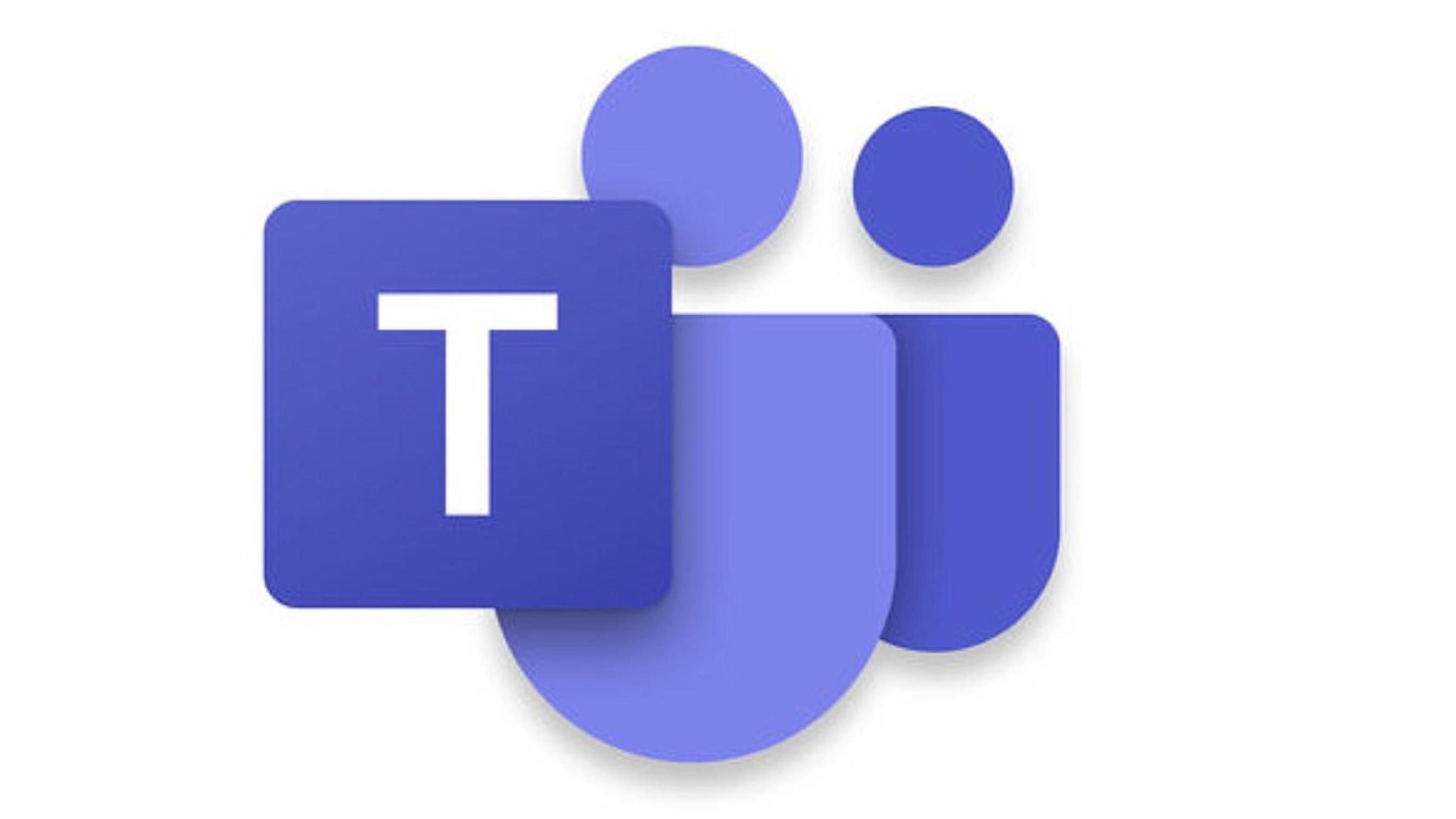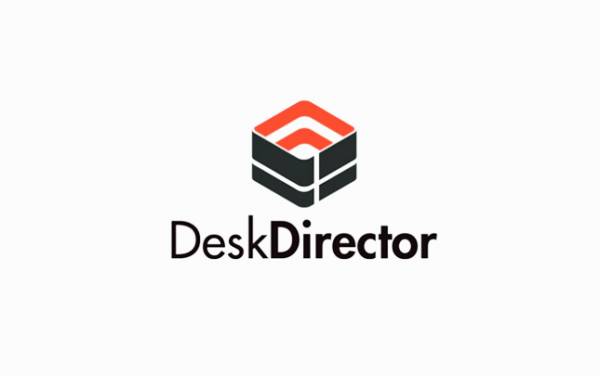
If you are using a proprietary phone system for your communications needs you will already know the difficulties that occur when trying to install, use and maintain it. That’s a lot of effort and time gone to waste. Instead, non-proprietary—i.e., open standards —systems are easy to install, configure, maintain and use! Especially if they run on Microsoft Windows, meaning that your IT staff won’t need any training to get started.
Why would anyone, then, opt for a proprietary system for the distribution of software? The argument for proprietary has primarily been threefold: innovation, security and control. Proprietary (or closed-source) software is maintained by the team that produces it for an enterprise that depends on it, and may be more secure because it is undisclosed—a claim that has been hotly debated.
Proprietary’s role as the primary innovator in the market has also gone to the wayside. This is because a lot of today’s software innovation is coming from organizations not even in the business of selling software, but that are trying to solve specific problems.
The entire open vs. closed standards dispute has most recently become largely obsolete, as general agreement exists that both models have their place. Now the focus has dwindled down to mere spats—mostly for bragging rights—about whether a particular model is open standards or not, as many proprietary services are largely built with open-standards components.
So with proprietary software knocked out as a consideration over open software, much more bountiful solutions become options for enterprises choosing a communications system—and none more so than an IP-PBX VoIP phone system. For instance, here are some of the primary benefits you will receive when you deploy our open-standards 3CX Phone System:
- Easy installation: If you have a basic understanding of computers and Windows, you can install and configure the PBX. On the other hand, a proprietary phone system often requires an installer trained on the particular proprietary system.
- Simple maintenance and fine-tuning: With its Web-based configuration interface, our VoIP phone system allows you to easily maintain and fine-tune your phone system. Proprietary phone systems, conversely, often require management by the installer.
- Lower costs and scalability: You receive significant savings by making free long-distance or international calls via a VoIP service provider. And easily expand your phone system as you grow, e.g., to branches, just by adding phones—no hardware requirements such as a proprietary system would require.
- Improved flexibility: Softphones can be installed directly onto the PC, that is, without separate wiring (as with proprietary systems), allowing you to easily add users and extensions.
- Vendor lock-in eliminated: Use almost any SIP VoIP phone or gateway hardware. And unlike proprietary phones, software-based SIP phones are user-friendly via a Windows graphical user interface.
- More features come standard: Since the phone system is software-based, developers can easily and inexpensively imbue it with a rich feature set, including auto attendant, voice mail, call queuing and more. In proprietary systems, these options often come at considerable cost.
To learn more about 3CX Phone System, including even more benefits such as powerful reporting tools and graphical status information, click here.























